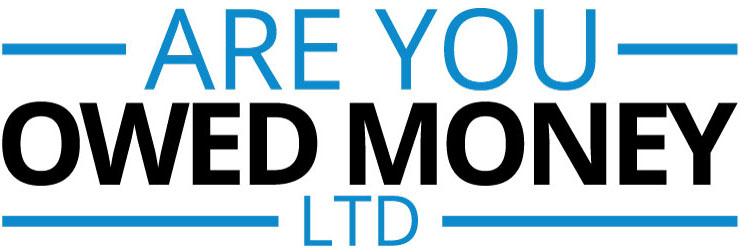A common query asked of AYOM is “why is there a holding period?” As part of our terms, AYOM imposes a holding period once funds are collected from debtors before releasing to clients. While we understand some frustrations with this, the process has been designed to protect you. Here’s why:

What are chargebacks?
The dictionary definition of a charge back is a simple one:
“A demand by a credit-card provider to make good the loss on a fraudulent or disputed transaction.”
It is a useful tool for those who have been wrongfully charged for a transaction. They can happen for a number of reasons including not recognising a payment, goods not being delivered or for an error with a transaction. The person who pays the money is the one who requests the chargeback. The credit company or bank then acts on the chargeback by reversing the transaction. The money then gets transferred back to the payer’s account.
Debit cards and credit cards can be used to make chargebacks, although rules differ for each one. Credit cards have extra cover under section 75 of the consumer credit act. This act makes the credit provider equally liable for misrepresentation of a retailer. With this act, it ensures credit card companies act on chargeback requests quickly.
Time limits
Chargebacks do have a time limit to be requested. For most transactions, the limit is around 120 days, however, for credit cards and other transactions it can be longer. In some cases, chargebacks can be made up to 6 months after a transaction. While this protects the consumer in general, it can allow for rule bending to play to their benefit.
AYOM on average experiences over £150,000 of chargebacks per year. This means we have collected money on behalf of clients which has been clawed back from our holding account back to the debtor. While an unfortunate part of the process, it is something we as collectors have no power over.
Commonly, debtors will simply deny they authorized the payment, or authorized the amount collected. If a debtor pays £100 in January by credit card, it is feasible for them to chargeback the entire amount as late as June/July. This all revolves around the terms of their credit card. This is the main reason for holding periods, to protect our clients.
Holding periods
AYOM’s holding period is a minimum of 90 days. This can stretch to longer all depending on the transaction. As debt collectors we have to assess the risks of chargebacks happening. With this in mind we look at a number of factors including:
- The debtor’s attitude
- The debtor’s credit score
- Previous payment history
- Transaction type
- Transaction value
- Type of debt
All these factors matter when it comes to whether or not the debtor may attempt to get the payment back. Lower risk transactions such as B2B bank transfers usually allow for shorter holding periods than consumers with poor credit scores paying via credit card. It must be noted however this is not always the case and must be considered on a case by case basis.
Is my money safe?
While chargebacks sound like a poor prospect to face, they are not a factor in a large percentage of cases. When money is recovered, it is placed in a client holding account ready to clear before being whisked off to you directly. If however a chargeback is made, our duty doesn’t stop with collection. We will challenge the chargeback and if necessary restart the process again of getting the money back.
If you have trouble recovering unpaid invoices or payments from debtors, get in touch today. The faster AYOM is able to assist, the faster the clearance process can begin, safe in the knowledge your money is waiting for you. To speak to one of our specialist advisers today, call 0800 130 3357. You can also email enquiries@ayom.co.uk.
